Brand’s not cancelled, he’s in the mirror world
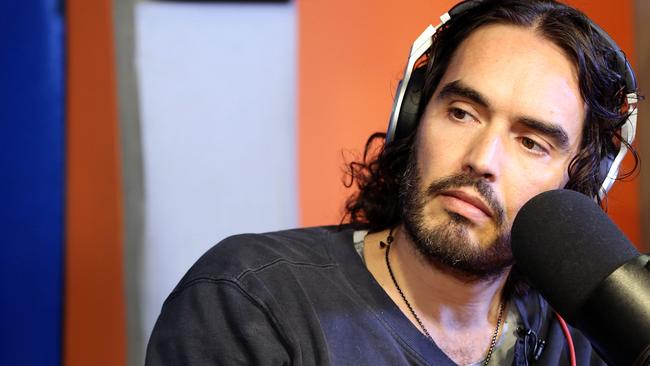
Last week, as you surely haven’t missed, Brand was hit with multiple allegations of sexual wrongdoing, which he denies. It is not surprising that he chose to portray this development as the upshot of a shadowy deep state conspiracy that only people like him could see through, because that’s how he portrays almost everything else too. It is also, you’ll recall, similar to the defences mounted by Julian Assange, Andrew Tate and even Donald Trump in not dissimilar circumstances. “Maybe that’s because the deep state keeps doing it!” you might now suddenly be thinking, sitting up in alarm. But probably only if you’re bonkers.
For fans of Brand – and I swear I’m not suggesting you are one – two very important things have happened since then. First, in the immediate aftermath of allegations being reported by The Times, The Sunday Times and Channel 4’s Dispatches, the online video firm YouTube, where Brand’s videos primarily appeared, announced that it was depriving him of advertising revenue. Next, it was the turn of Dame Caroline Dinenage, who chairs parliament’s culture, media and sport committee. She wrote to various platforms, demanding to know whether Brand could still monetise his content with them.
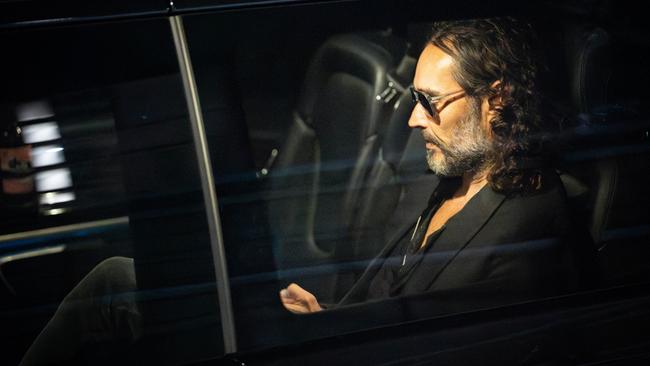
Given that Brand has not even so far been arrested, it is certainly arguable that neither YouTube nor Dinenage should have done this. One of the companies to which the latter wrote, either way, was the YouTube rival Rumble, now Brand’s primary online home. Yesterday (Monday), The Times reported the indignation of that company’s chief executive, Chris Pavlovski, who described Dinenage’s intervention as “extremely disturbing”. Brand himself linked it to the Online Safety Bill, which passed through the House of Lords last week. There was also, just to round things off, an intervention from Elon Musk, who was “disappointed” that Brand now lives on Rumble rather than on his own Twitter/X, which “has supported free speech just as much”.
Listening to all three, and others besides, you might assume that some huge fight over free speech is looming between libertarian tech companies and the British government, and that Brand’s conspiratorial batshittery somehow sits in the middle of it. This, though, is simply nonsense. Earlier incarnations of the Online Safety Bill, it’s true, did contain dim and dangerous provisions against misinformation, which would have fallen under the umbrella of speech that was “legal but harmful”. All that, though, has been jettisoned, save for when it relates to content targeted at children. As a result, while many campaigners still think the bill thoroughly unworkable, few think it also illiberal.
In fact, over the past decade, the whole territory of free speech and the internet has changed almost unrecognisably. Having originally posed as free-speech absolutists, most tech companies have spent the past five years veering the other way. The more they tightened up, though, banning and blocking and muting – a process that culminated, you’ll remember, in the actual president of the United States being kicked off Twitter and Facebook – the more rival platforms sprang up to absorb the users they’d left behind. Hence, these days, there being a Rumble for Brand to flee YouTube for, and so on. In her new book Doppleganger, Naomi Klein calls this other ecosystem “the mirror world”. Since it was purchased by Musk, incidentally, Twitter/X is now one of the few sites on both sides of the mirror at once.
One lesson of all this is that, however much you try, you can’t just shut people up. At best, you can quieten them down. One great example of this is what happened to RT, the British arm of Russia Today (Tuesday). When Russia invaded Ukraine, Ofcom swiftly followed the example of EU counterparts and banned the channel from the airwaves. No law compelled YouTube and Facebook to boot the channel from their platforms too, but they’d have been legal and political pariahs if they had not. Today, you can still watch RT on a variety of esoteric internet platforms, including Rumble. Hardly anybody does.
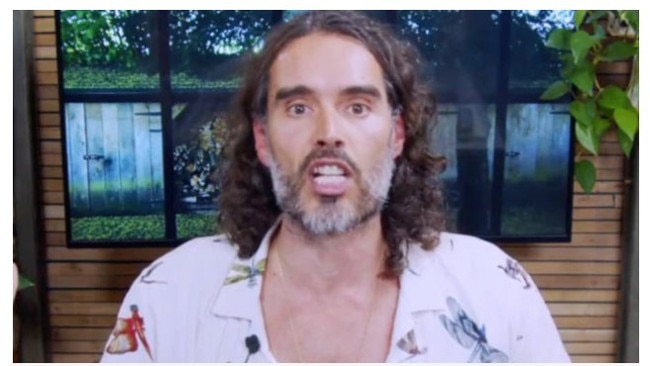
Not all internet exiles suffer this fate, though. As Klein points out, one of the strangest features of the mirror world is that the people who are in it are actually often having a whale of a time. In the world that they have left behind, they are cancelled, pariahs, gone. On the other side, though, they are heroes, met by adulation. This is Brand’s experience right now. Most of us think he’s finished. Some people, though, think he’s just getting started. The great paradox of the internet age is that both are right.
As an individual, Brand himself is somebody I’m loath to take too seriously. He’s a wordy charlatan and his fans will get bored with him eventually, just like the New Statesman did. Just like the lefty users of Twitter did, indeed, when they started writing “PARKLIFE!” after all of his tweets. Yet he’s also a millenarian, as are most figures in the QAnon-adjacent world, with a belief that some great and terrible change is on the way. Right now, I think it far from impossible that this sort of nonsense will one day become a huge problem for the liberal West, up there with Islamist terrorism.
I also think there’s nothing dramatic we can do about it. Or, at least, not without abandoning liberalism altogether. Legislators can fume and tech companies can veer one way or another, but will it all really make a difference? For as long as there is an internet, there will always be ungoverned speech. And for as long as there is a moon, some people will howl.
The Times

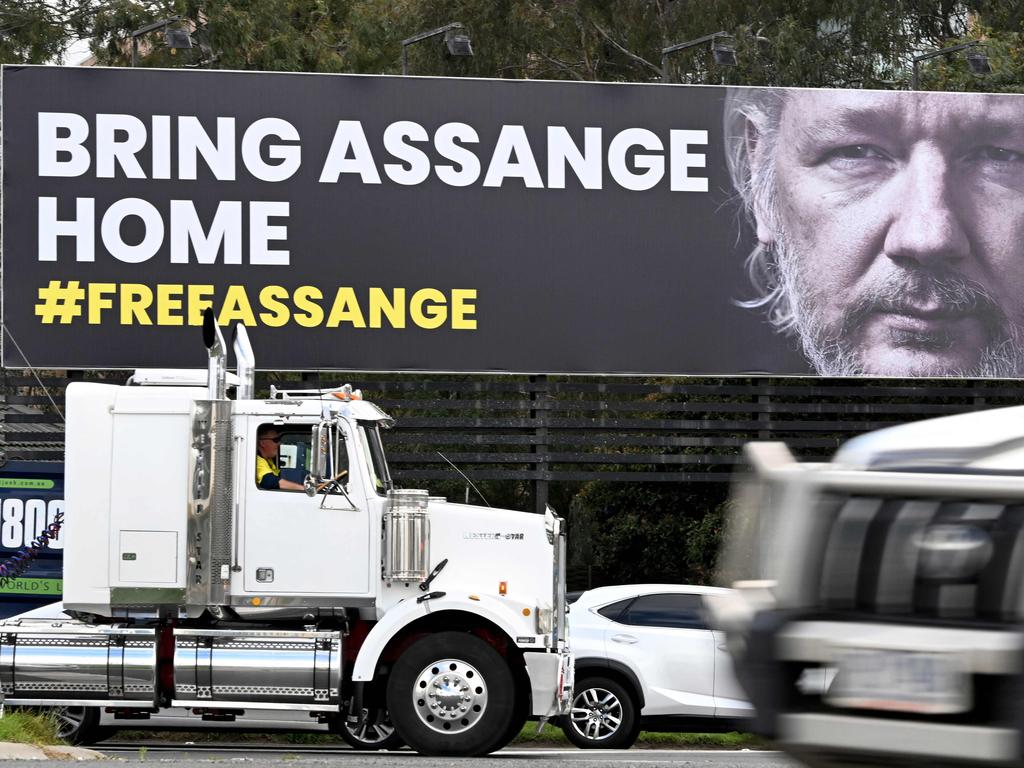
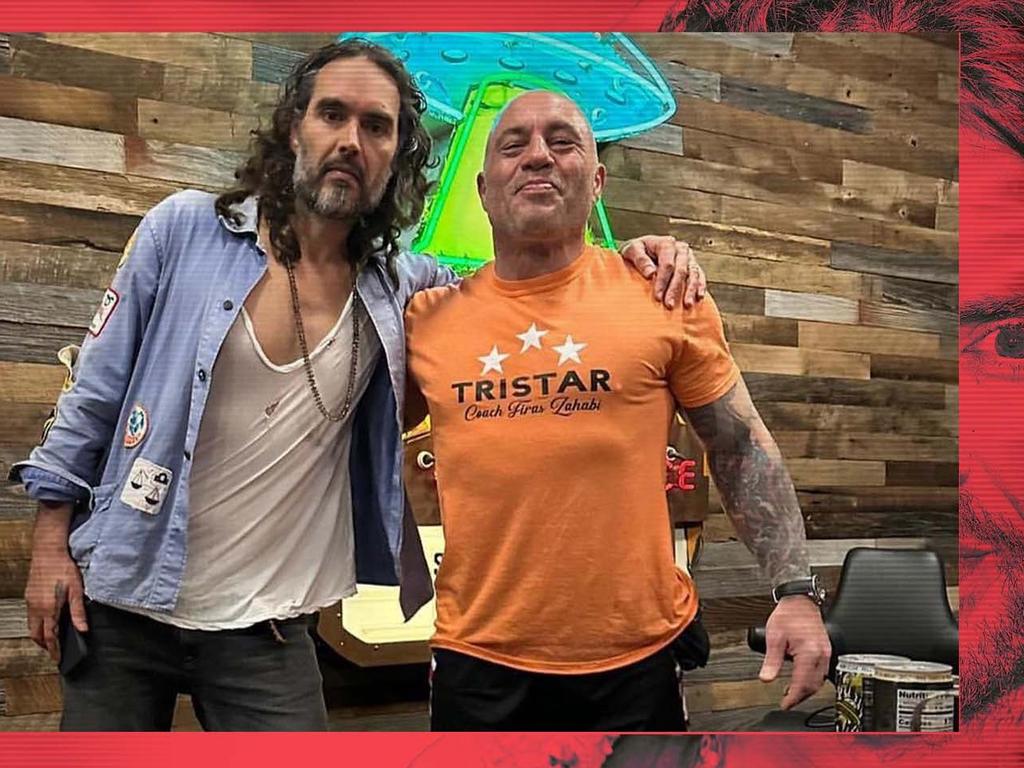

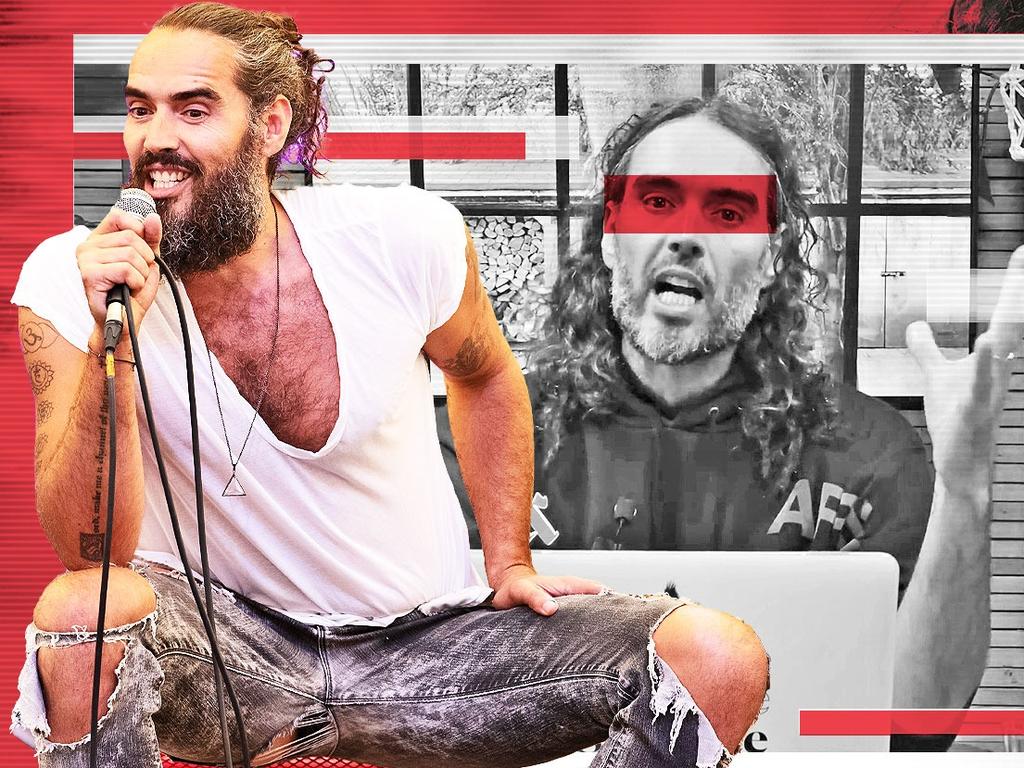

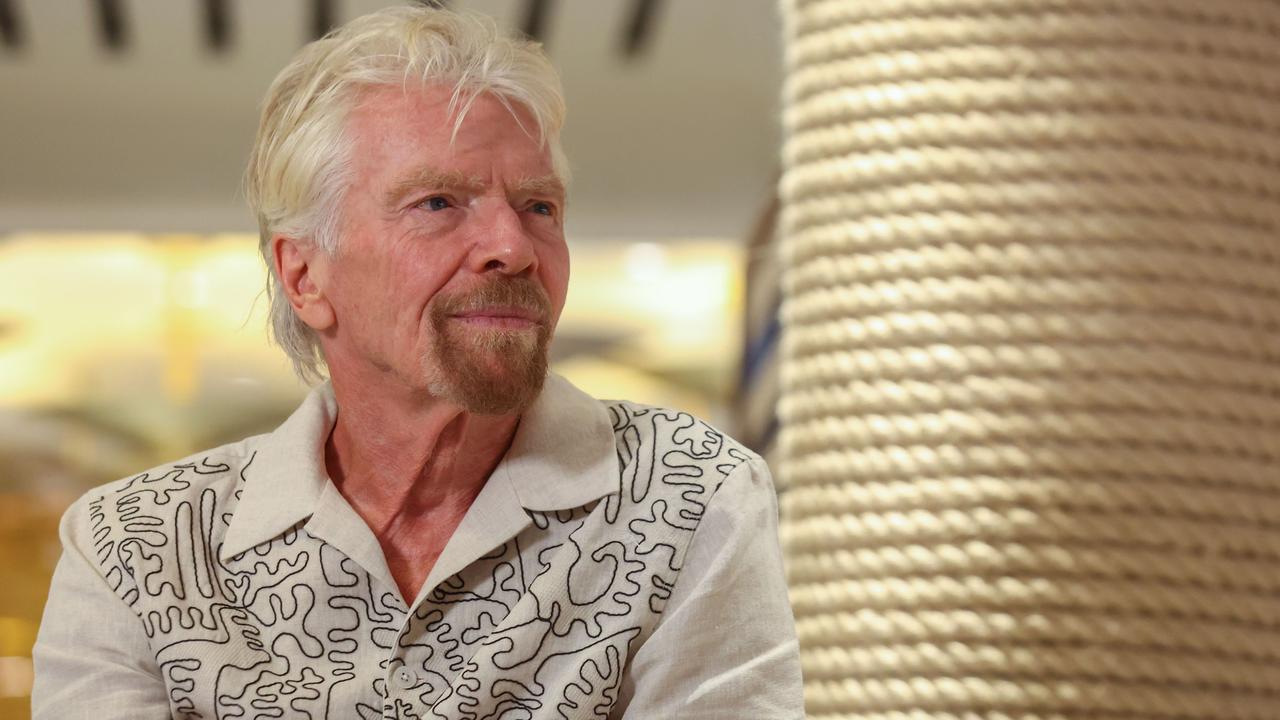
Sleep easy, fans of Russell Brand, because nobody is ever going to stop him being deranged on the internet. As in, unless he finds his liberty curtailed for completely different reasons, he will always be able to keep howling at the moon. He just might not get paid for it. Or at least, he might not get paid so much.